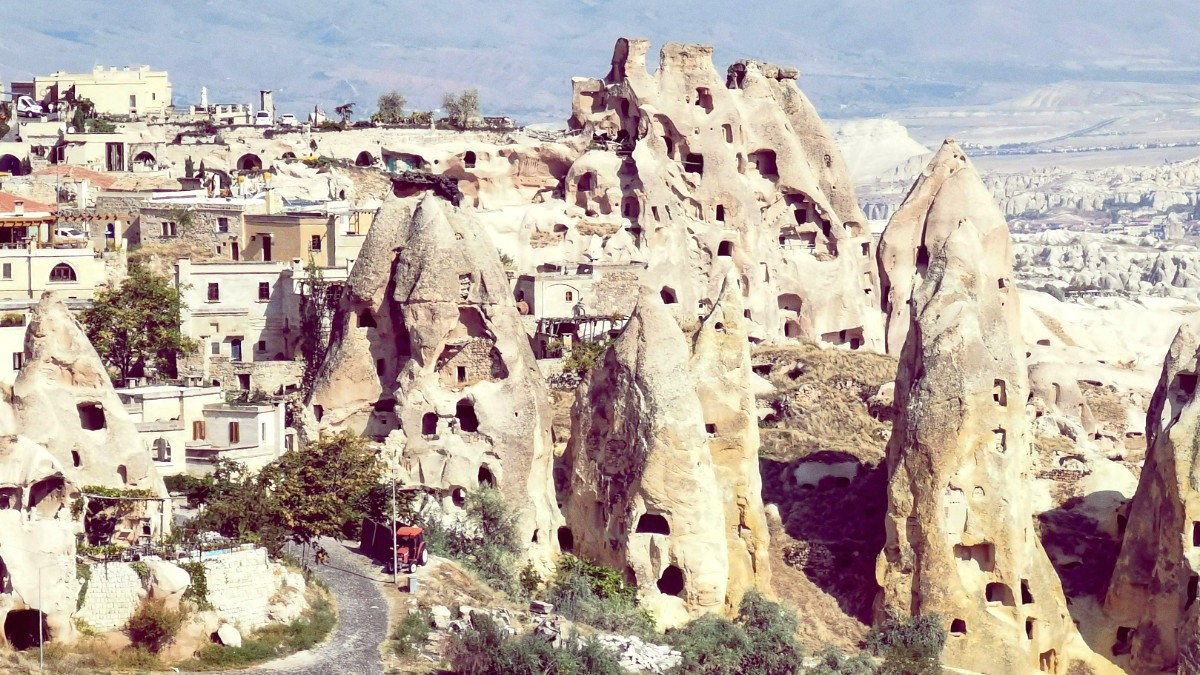
Central Anatolia, Turkey
Original lodge of the Mevlevi Order of whirling dervishes.
Centerpiece of the museum with iconic turquoise dome.
Houses relics, ancient Korans, and dervish artifacts.
Read “The Essential Rumi” by Coleman Barks for accessible translations.
Hours vary seasonally, typically 09:00-18:00 summer, shorter winter. Entry fee applies (approx. ₺300 mid-2024).
Modest dress for entry. Women cover heads; all cover shoulders/knees. Scarves available for loan.
Generally permitted without flash in most areas.
Consider a local licensed guide for historical and spiritual context.
Visit early morning or late afternoon to avoid larger crowds.
Oldest and most significant Seljuk monument in Konya. Construction began in the 12th century, serving as the imperial mosque for Seljuk sultans.
An artificial mound in the city center. The Alaaddin Mosque sits atop this hill. Offers panoramic views of Konya, beautiful at sunset.
A 13th-century Islamic theological school. A masterpiece of Seljuk architecture, renowned for its exquisite tilework. Functions as the Museum of Seljuk Tiles.
Museums often close on Mondays in winter. Confirm current hours before visiting.
Limited marked hiking trails exist directly in the city. Light trekking is possible around Kilistra Ancient City. Konya is not a main destination for water or adventure sports.
Attending the Mevlevi Sema ceremony is the foremost cultural immersion. Some artisan workshops around the Bedesten Bazaar offer informal craft demonstrations.
Larger hotels feature spa facilities, including Turkish baths and saunas. No prominent hot springs directly in Konya. Formal yoga retreats are not common.
For multi-day extensions, consider World Nomads for travel insurance.
Historic covered bazaar, a maze of alleys with textiles, jewelry, spices, local sweets.
Shops near this large Ottoman mosque selling religious items, local sweets, and gifts.
Small workshops for copperware, traditional woodwork, ceramic tiles, or hand-woven carpets.
Miniature Whirling Dervish figurines, a popular memento.
Purchase fresh lokum from local sweet shops.
Authentic, high-quality carpets or kilims are available.
Prioritize buying from local artisans and small, independent shops for community benefit.
In traditional bazaars, bargaining is expected. Approach it as a friendly interaction, not aggressive negotiation.
National postal service (PTT) for international parcels. Be aware of your home country’s customs regulations.
When planning longer routes, consider all transportation options for efficiency and comfort.